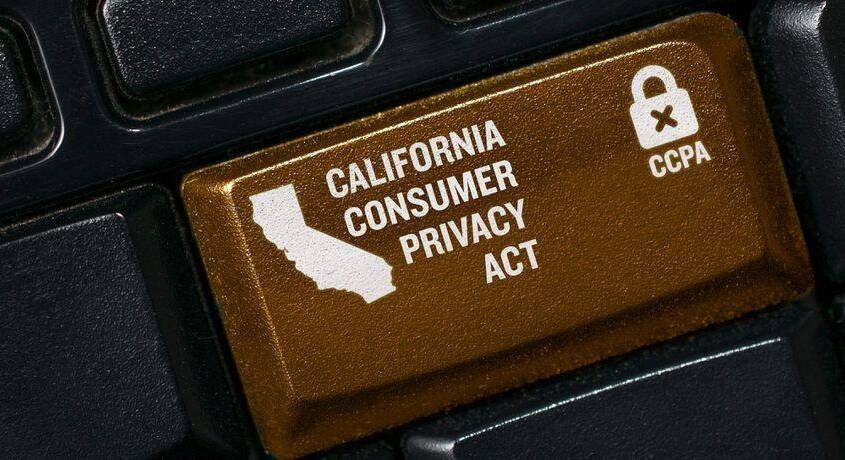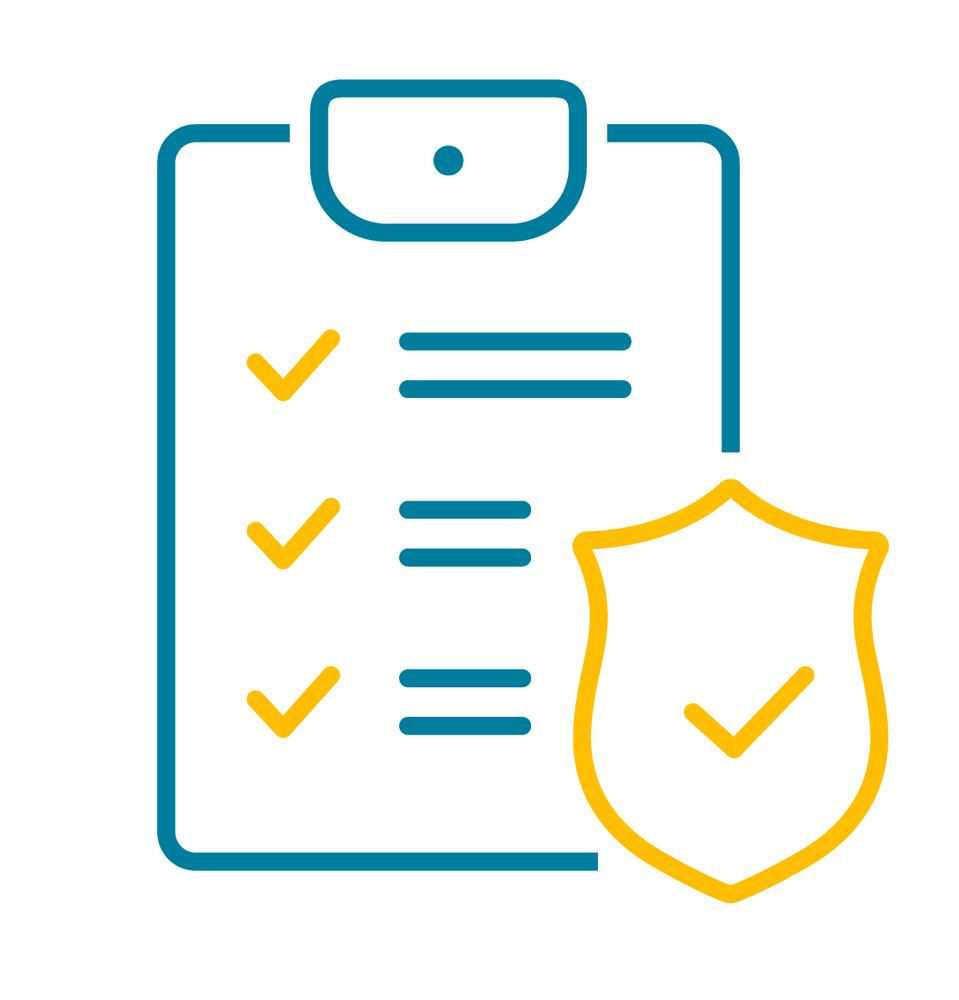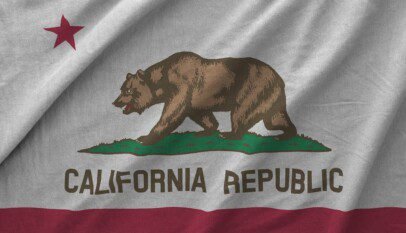
The California Consumer Privacy Act enters the enforcement phase on July 1, despite pleas by some business groups to delay it because of Covid-19 coronavirus impacts. This means that California’s Attorney General will be able to take direct action against businesses that violate the privacy protection requirements of the CCPA. The law has been in effect since January 1, 2020, but until now enforcement was limited to civil actions brought by consumers against violators.
“We’re hearing that a lot agencies are hiring enforcers,” said Ameesh Divatia, co-founder and CEO of Baffle, Inc. Divatia said that the AG’s office has been finalizing how to asses penalties, how to define a breach and how to justify the size of a fine assessed for violating the CCPA.
“They’re now putting a value on sensitive data,” Divatia said. “Data records need a value.”
CCPA vs. GDPR
Divatia said that the CCPA has been compared to Europe’s General Data Protection Regulation, but noted that there are important differences. “GDPR is more focused on customer rights. CCPA has this but is focused on identifying business that are violating them. It’s not as focused on individual rights.”
Still, many of the same methods for protecting consumer’s data apply to the CCPA as to the GDPR. The difference being that the GDPR may be more broadly based because it applies to more than just consumer data. However, if you’re already GDPR compliant, you are most of the way to being CCPA compliant as well.
As is the case with GDPR, where you’re required to comply if you collect data on Europeans, with the CCPA, you’re required to comply if you have data on California consumers, even if you’re not located in California.
Exactly how the California AG plans to enforce the CCPA on a non-resident company remains to be seen, but in any case, it’s probably better to be compliant so you don’t have to find out the hard way.
Checklist

With that in mind, here’s a short checklist. While a longer checklist might be helpful, there’s only so much one can do in a couple of days.
· Make sure your website contains the required information on your protection practices, the kind of data you collect and retain, contact information for inquiries, a statement about any sales of consumer information, and a means to opt out of such sales.
· Confirm the type and quantity of consumer information you keep, how long you keep it, why you keep it, and that it’s properly protected. This might be a good time to evaluate the data you keep, and whether now might be a good time to stop keeping it if you don’t really need it.
· Evaluate…
Analyzing the CCPA’s New Risk Assessment Requirement
Key point: Businesses subject to the CCPA now must conduct risk assessments for certain ty…















